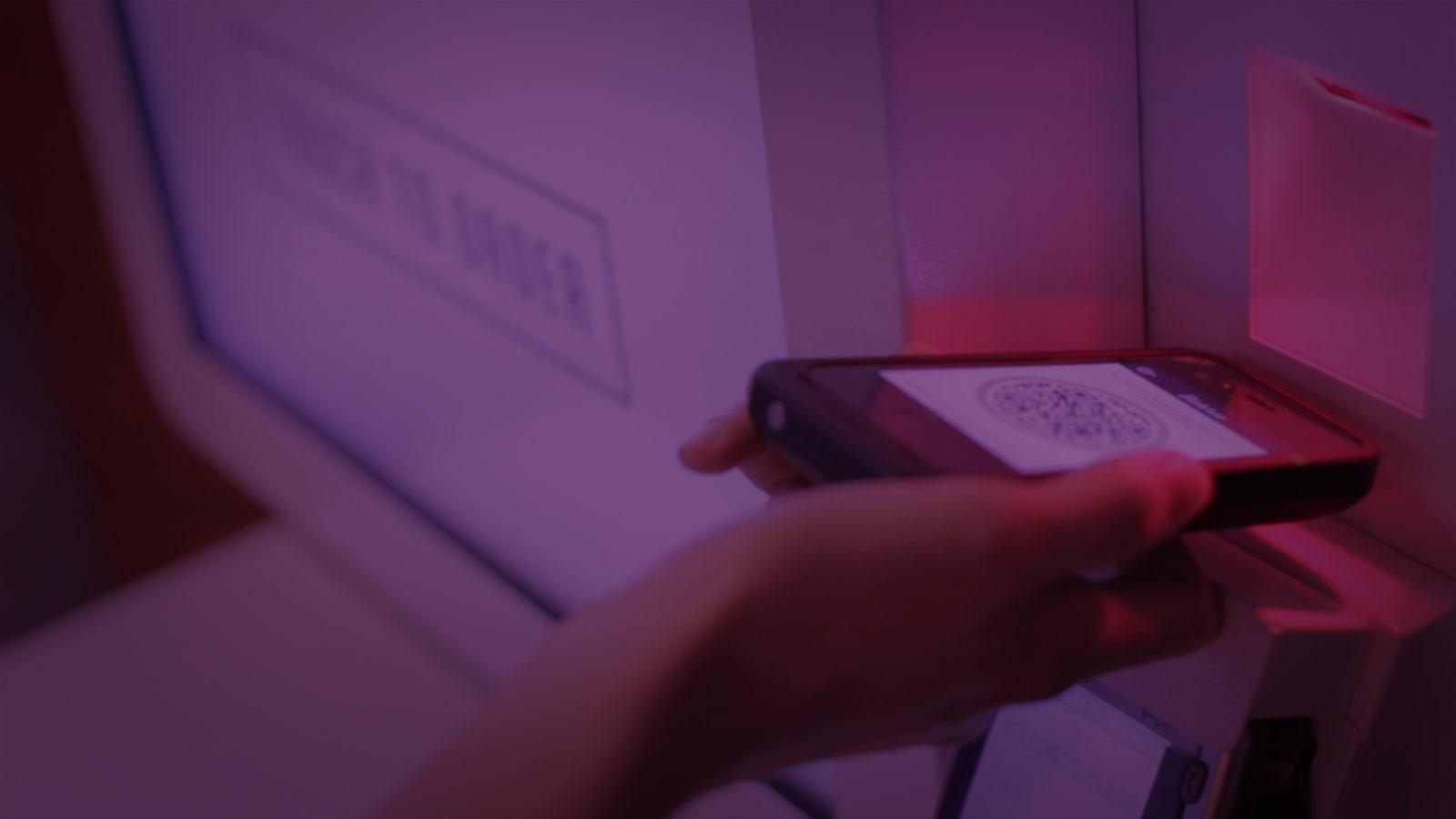
Mobile Retail is About More Than Your Phone
The Apple Watch has arrived! Will this fundamentally alter the future of wearables? Will this be the catalyst that doubles Apple’s stock price? Will this be the gadget that finally makes mobile wearable devices mainstream? It’s still too early to know for sure, but the launch of the Apple Watch does bring into sharper focus emergent opportunities in mobile technology.
Earlier this year, Jim Carroll told an audience at a Thoughtworks National Retail Foundation event that he believed “mobile is eating retail.” Perhaps it might be more appropriate to say that retail is devouring mobile.
Mobile technologies are becoming an ever more crucial part of retail operations. Retailers have the opportunity to actively engage consumers by creating experiences that are more meaningful, differentiated and personalized, and those that take full advantage of mobile technology will be able to create more durable customer relationships built on shared value. Retail’s future is being irrevocably defined by mobility, and it’s about so much more than the phone.

‘Minority Report’ is Now a Reality
Remember the movie “Minority Report,” where digital billboards broadcast ads to people by name based on biometric scans? Creepy? Maybe. Farfetched? Not at all. Now, personalization doesn’t require tapping into consumers’ private biometric data; it requires only a mobile device and the information consumers choose to share.
The future of “shopper marketing” lies in highly targeted in-store promotions to consumers based on their interests, needs and past actions. It relies on a deep understanding of consumer behavior, a cohesive view of an individual’s activity across channels, robust analytics and effective customer engagement models.
Is it possible to achieve such personalization without a “creepy factor”? Absolutely, but it requires earning consumer trust. According to Mintel research, 60 percent of millennial consumers would be willing to provide details about their personal preferences and habits to marketers. What’s more, at least 30 percent of millennials who initially said they wouldn’t part with more personal information said they would be willing to do so after receiving an incentive (e.g., a discount coupon for their next purchase). Retailers must earn the right to be their customers’ trusted partners.
Mobile Payments Are Redefining the Checkout Process
The future of payments is being shaped by Silicon Valley. Apple Pay has taken mobile payments mainstream; Visa, MasterCard and 2,500 banks have embraced it. Published reports suggest that 66 percent of contactless Visa and MasterCard payments conducted by the end of January 2015 were made through Apple Pay. Merchant fees, traffic activity, fraud management and various platform performance measures are on a collision course.
As mobile payments go mainstream, could they be the solution to the credit card data breaches that have plagued retailers in recent years? Target estimated that costs associated with its 2013 data breach were about $160 million, and associated bank costs were over $200 million. These numbers don’t even take into account the value of fraudulent transactions (the bank’s problem) or lost sales as a result of lost consumer confidence (the retailer’s problem). Target’s transaction volumes fell about 5 percent and revenue declined 5.5 percent, all attributable to the breach. What price are retailers willing to pay for broken trust?
Apple Pay is just the beginning. Google Wallet, PayPal and MCX’s CurrentC are also gaining currency (pun intended). The tokenization they offer could increase both convenience and security.
Mobile Isn’t Just for Shoppers Anymore
While much has been made of the impact of mobility on the shopper’s experience, it also promises to fundamentally alter the employee experience for the in-store associate.
Imagine the power that sales associates could have at their fingertips – literally – with a customer solutions center housed on a tablet, smartphone or watch. By equipping associates in this way, retailers can provide an even richer and more satisfying customer experience without the clunkiness of less-advanced mobile strategies.
Imagine what this might look like. A shopper enters the store and seeks out a sales associate for assistance. The associate comes to her aid armed with a mobile command center. Through a seamless exchange between respective mobile devices, he’s quickly able to pull up the customer’s personal profile and view a quick snapshot of her self-professed likes and dislikes, recent purchases, and the remaining value on a current gift card from a friend. This allows the store associate to offer more targeted and tailored recommendations and support.
Furthermore, the associate’s seamless, real-time access to inventory information not only benefits the customer and makes her experience more personal and valuable, but also provides the retailer with opportunities for incremental revenue per visit and increases the likelihood of repeat visits. Couple these with the ancillary benefits of increased employee engagement and this looks like a winning proposition all around.
Consumers Are Ready … Are Retailers?
Consumers have embraced mobile technology and their daily habits continue to change dramatically as a result, yet most retailers have been slow to adapt to this change.
The future will belong to those retailers with the following:
- An organization designed with an outside-in customer focus;
- Disciplined yet flexible internal innovation processes;
- The ability to run multiple customer experiments in parallel;
- A commitment to operational excellence across the value chain;
- The flexibility to adapt and respond to market volatility; and
- The foresight to anticipate changes and adjust their business and operating models accordingly.
Are retailers ready for this new mobile-enabled world? Only if they’re prepared to move quickly, pilot often, fail forward, fail faster and rapidly incorporate lessons from frequent experimentation.
This article was originally published in TotalRetail
Disclaimer: The statements and opinions expressed in this article are those of the author(s) and do not necessarily reflect the positions of Thoughtworks.














